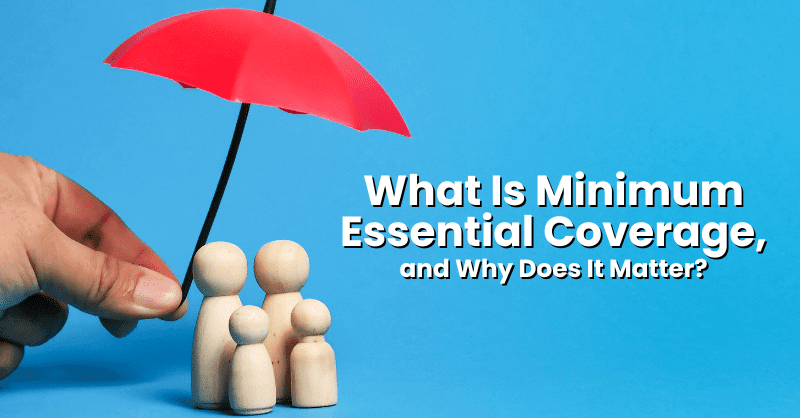
What Is Minimum Essential Coverage (MEC) — and Why Does It Matter?
When it comes to health insurance and employer responsibilities under the Affordable Care Act (ACA), one phrase often comes up: Minimum Essential Coverage (MEC). But what exactly does it mean—and why is it so important for employers?
✅ What Is Minimum Essential Coverage?
Minimum Essential Coverage refers to the type of health insurance that satisfies the ACA’s individual mandate and helps employers fulfill their obligations under the employer mandate.
To be considered MEC, a health plan must provide at least the basic benefits outlined by the ACA. These typically include coverage for services like:
-
Doctor visits
-
Emergency services
-
Hospitalization
-
Maternity and newborn care
-
Mental health and substance use services
-
Prescription drugs
-
Preventive care
Plans that meet MEC requirements include:
-
Employer-sponsored health insurance (group plans)
-
Individual plans purchased through the Health Insurance Marketplace
-
Medicare Part A
-
Most Medicaid programs
-
TRICARE and certain VA coverage
✅ Why MEC Matters for Employers
If your business is an Applicable Large Employer (ALE)—meaning you have 50 or more full-time or full-time-equivalent employees—you’re required under the ACA employer mandate to offer affordable Minimum Essential Coverage to at least 95% of your full-time employees and their dependents.
Failing to provide MEC can result in costly penalties from the IRS, even if only one employee obtains subsidized coverage through the Marketplace.
✅ MEC vs. Minimum Value (MV): What’s the Difference?
It’s worth noting that Minimum Essential Coverage (MEC) is not the same as Minimum Value (MV).
-
MEC is the basic standard a plan must meet to avoid certain ACA penalties.
-
MV means the plan pays at least 60% of total allowed costs and provides substantial coverage for hospital and physician services.
For full ACA compliance, your plan must offer both MEC and MV.
✅ Final Thoughts
Offering a health plan that qualifies as Minimum Essential Coverage is one of the easiest ways to ensure your business meets federal requirements, avoids penalties, and provides your employees with a safety net.
Need help reviewing your current plan or exploring compliant alternatives like ICHRA or level-funded plans? Swift Kennedy can help.
